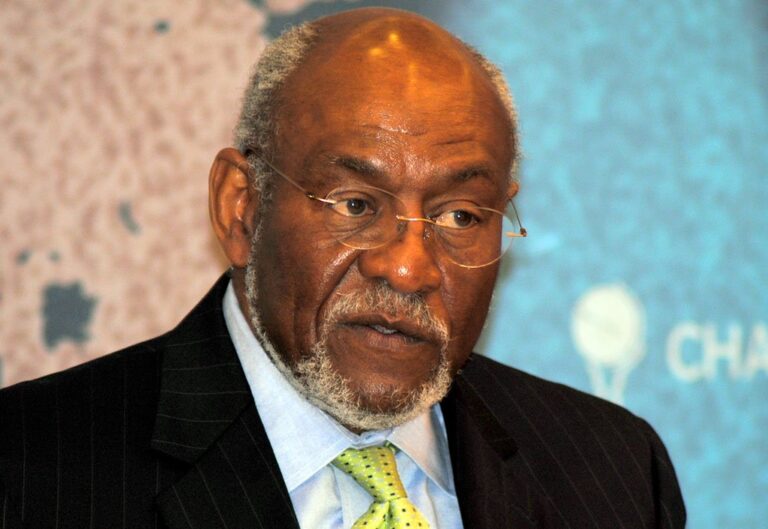U.S. President Joe Biden has selected Ambassador Johnnie Carson, who previously served as U.S. Ambassador to Uganda, Kenya and Zimbabwe, to ensure commitments made during last week’s U.S.-Africa Leaders’ Summit in Washington are implemented.
U.S. Secretary of State Antony Blicken said what happened over three days of meetings between the U.S. and African leaders was very important in setting the direction, making the commitments, but it’s what happens over the next 362 days that really matters.
“It is the follow-through. It is the implementation… It’s one of the reasons why the President was keen on having maybe our most experienced diplomat for Africa over the last four decades, Johnnie Carson, take on this role of doing the follow-through, doing the implementation, making sure that everything that we said we would do we’re actually going to do,” said Blinken this past weekend.


The White House pledged $55 billion in economic, health and security support for Africa over the next three years.
Carson served as U.S. Ambassador to Uganda between 1991 to 1994.
Carson later served as US assistant secretary of state for Africa. In 2005, Carson wrote a hard-hitting article, saying Africa’s success story (Uganda) could return to the dictatorial past if Museveni continued his controversial push for the removal of presidential term limits from the Constitution.
Five years later, Carson told Ugandan media that Museveni had not turned into a dictator as he had predicted earlier.
In 2016, Carson led a delegation of Norwegian hydropower investors interested in taking over the development of Bujagali hydro-power station in Jinja, to meet Museveni in Fort Portal.
With a new role, Uganda will have to work with Carson to benefit from a huge fund raised by the United States to tackle climate change and boost trade and investment in Africa.
The U.S. will invest more than $350 million toward a new initiative on digital transformation with Africa.
In the United States, President Museveni called for collaborative partnerships with the United States to develop Uganda’s capacity in production of drugs and vaccines.
Blinken told the media that the U.S. would invest in transparent infrastructure projects, saying too often, international infrastructure and trade deals are opaque, coercive and lead to projects that are environmentally destructive, poorly built, that import or abuse workers, that foster corruption and burden countries with unmanageable debt.
“We have a different approach. We offer investments that are transparent, high-quality, and sustainable for the planet. We empower local communities. We respect the rights of their people. We listen to their people, to their needs.”
Biden is expected to visit Africa in 2023.



